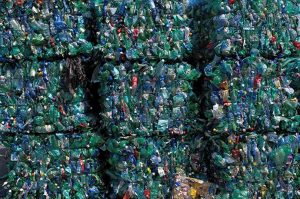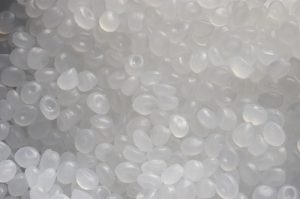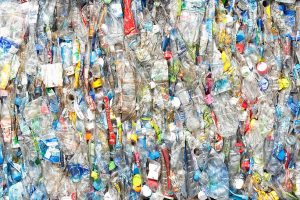 Major brands fund a recycling outreach campaign to thousands of students, and prices increase for recovered PET and HDPE.
Major brands fund a recycling outreach campaign to thousands of students, and prices increase for recovered PET and HDPE.

 Major brands fund a recycling outreach campaign to thousands of students, and prices increase for recovered PET and HDPE.
Major brands fund a recycling outreach campaign to thousands of students, and prices increase for recovered PET and HDPE.

Phillip Karig
With two weeks to go until the annual Plastics Recycling Conference, we’re featuring another expert who will take the stage to share industry insights.
 A couple of depolymerization companies announce major milestones in their efforts to recycle PET on a broader scale.
A couple of depolymerization companies announce major milestones in their efforts to recycle PET on a broader scale.

Kelly Semrau, SC Johnson
As we move closer toward Plastics Recycling 2018, we’re excited to offer up another Q&A with one of the industry experts set to take the conference stage.
 Plans for a fiberglass recycling R&D center advance, and a German company wins an award for its tracer-assisted optical sorting technology.
Plans for a fiberglass recycling R&D center advance, and a German company wins an award for its tracer-assisted optical sorting technology.

Priyanka Bakaya, Renewlogy
In anticipation of Plastics Recycling 2018 next month in Nashville, Tenn., we’re profiling a few of the speakers who will take the stage to discuss the latest trends, ideas and issues in plastics recovery.
 The value of recovered HDPE and PET packaging is flat as the new year begins.
The value of recovered HDPE and PET packaging is flat as the new year begins.
 An update on China’s import actions and a bankruptcy filing from one of the world’s largest virgin PET producers drew readers’ attention last month.
An update on China’s import actions and a bankruptcy filing from one of the world’s largest virgin PET producers drew readers’ attention last month.
 Data from the sale of recyclable plastic bottles in early December suggest the value of recovered packaging will end the year in a slightly weak position.
Data from the sale of recyclable plastic bottles in early December suggest the value of recovered packaging will end the year in a slightly weak position.
 Loop Industries reverses course on buying a Montreal facility, and optical sorter companies show off their improved products.
Loop Industries reverses course on buying a Montreal facility, and optical sorter companies show off their improved products.
